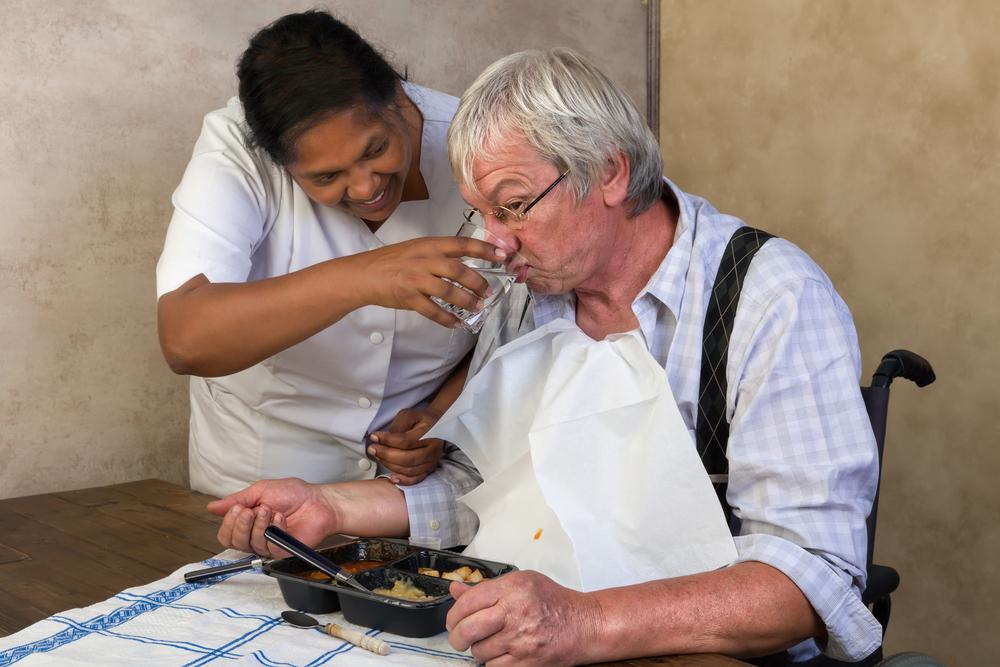Nations that deserve respect for recognizing and regulating senior caregiving
Caregiving is not only a job; rather it is a service towards humanity. A caregiver can provide services to someone suffering from some kind of disability or an aged person unable to manage his or her daily chores. Here are some of the countries that recognized the importance of caregivers, most notably senior caregivers, and set up an example by regularizing caregiving services within their borders.
Australia
Australia has an association called Australian National Young Carers Action Team (ANYCAT). The team of 75,000 young carers advocates on behalf of young carers. Most Australian states have their own version of ANYCAT, such as the YCABQ a.k.a.

Italy
The country with the world’s highest percentage of residents aged 65 or older is Italy. The nation has high life expectancy 76.7 years for males and 82.9 years for females. By 2050, these numbers are expected to grow to 81 years and 86 years for men and women respectively. In order to assist family caregivers, the Italian government provides many backing schemes, such as support services, service vouchers, and daytime centers, to provide support for families by offering recreation and rehabilitation to old people.
Scotland
According to a 2001 census, the total number of carers, including senior caregivers, in Scotland is well over 480,000. While 37% of these carers provide about 20 hours per week of care, 24% give over more than 50 hours of care in a single week. The Scotland government recognizes carers as partners in care provision. Unlike other nations, carers are not recognized as service users and hence, are not held responsible for the cost of services provided in Scotland.
Taiwan
Approximately 600,000 family caregivers are active in Taiwan. These caregivers spent an approximate time of 13.5 hours a day in caregiving. About 80 percent of the family caregivers in Taiwan are women, out of which 50 percent are over 50 years old. In order to aid these caregivers, the Taiwanese government has initiated a number of caregiving services. Since 1995, Taiwan National Health Insurance (NHI) has been providing quality healthcare to people, especially aged people. In 2007, the Taiwanese government started the Bureau of Health Promotion aimed at integrating and implementing resources, including caregiving, for elderly health promotion.
United States of America
Around 1.4million children, between ages 8 and 18, assume the role of a caregiver for an adult relative in the United States. As per the Caregiver statistics fact sheet of 2012, 43.5million family caregivers provide services to a person over 50 years. Approximately 14.9million caregivers are providing services to someone with Alzheimer’s disease or some other form of dementia in the US. The number of male caregivers is increasing in the country. In some US states, in-classroom certification is required for licensing a caregiver, while in some other US states, the only caregiving license required is by the company providing caregiving services.

